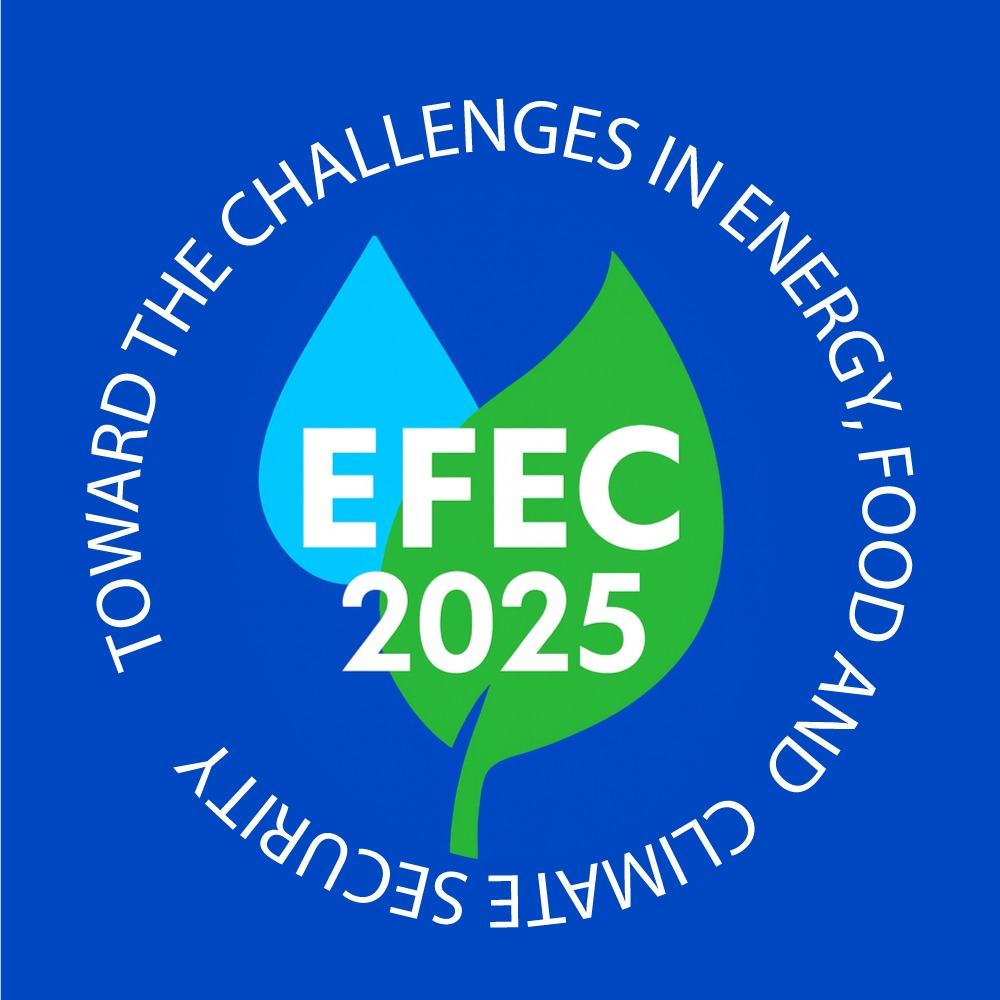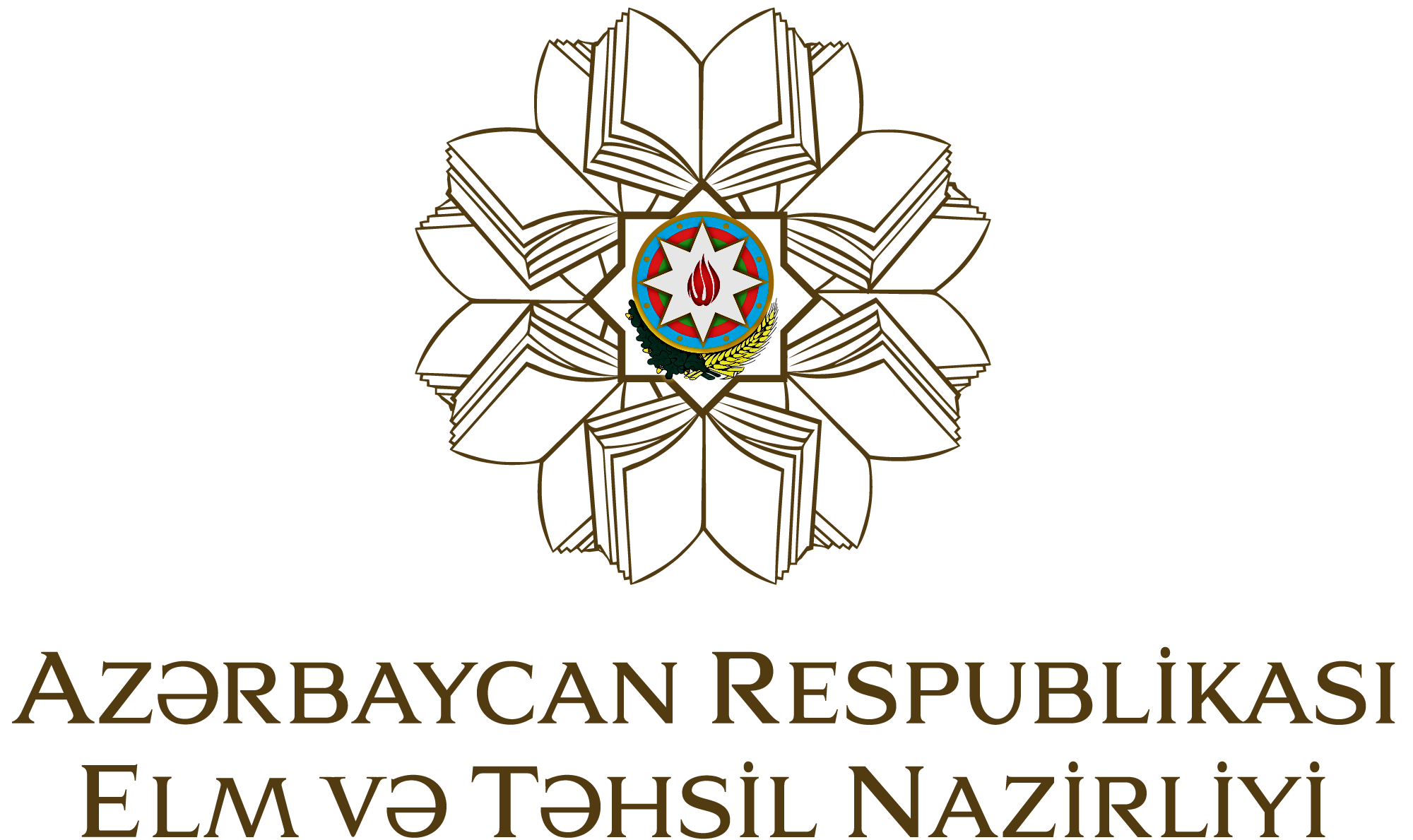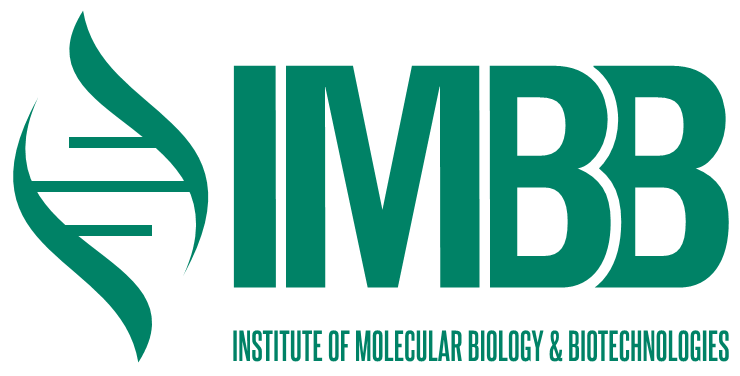science.gov.az — 33693
Loading preview…

Highlights from the conference.
Loading preview…
Loading preview…
Loading preview…
Loading preview…
Loading preview…
Loading preview…
At the 29th session of the Conference of the Parties (COP29) to the United Nations Framework Convention on Climate Change, which was held with great success in Azerbaijan in 2024, issues such as green energy, food and nutrition security, and problems related to bio- and ecological safety were among the most discussed topics and were prominently reflected in the adopted decisions. The leading role of comprehensive research using the most advanced methods and high technologies in addressing these problems was repeatedly emphasized at the majority of the events organized. COP29 also demonstrated that achieving any progress in the relevant areas requires all stakeholders to strive for common ground. For this, the existence of a platform that provides conditions for discussions and the latest achievements in research and the application of high technologies is a crucial condition. The design of synthetic and biological catalysts, as well as nanoscale multifunctional materials, which are essential for technology areas that impact energy, food, environmental and climate security, is the focus of major active research, using both traditional approaches and rapidly emerging new Machine Learning (ML)/Artificial Intelligence (AI) and quantum-based technologies. Today, society is facing new challenges such as the development of green fuel types, environmental restoration, combating global warming and its consequences, protection from life-threatening substances, eliminating food shortages, and ensuring economic resilience. The research community must work together to identify highly precise pathways for intelligently designing and implementing specific and effective approaches to address the challenges of green energy, food security, ecological safety, and climate security. Therefore, it is essential to develop and advance strategic partnership plans among scientists working in these areas. In this context, organizing an international conference that highlights recent global efforts and future perspectives in solving the above-mentioned issues through the application of new scientific achievements and technologies in biology, agriculture, and medicine is of great relevance.
The aim of the international conference is to explore and develop a strategic plan for partnership between scientists, identify future research directions, and form an appropriate international platform for sharing results in order to create green energy, clean the environment, eliminate the causes of global warming, protect our society from hazardous substances, eliminate food shortages, and make the economy and society more sustainable.

Ministry of Science and Education of the Republic of Azerbaijan

Institute of Molecular Biology & Biotechnologies,
Ministry of Science and Education of the Republic of Azerbaijan
45+ minutes
1. Technological trends in renewable energy
2. Green energy and environmental issues
3. Biofuels and the hydrogen economy
4. CO₂ emissions and environmental protection
5. Renewable energy technologies and their impact on socio-economic development
6. Antioxidant defense systems and stress tolerance in plants
7. Food and nutrition security challenges and sustainable agricultural systems
8. Sustainable natural resource management and ecosystem restoration
9. Application of artificial intelligence and digital technologies
| July 15, 2025 | – Registration and abstract submission - OPEN |
| October 08, 2025 | – Registration and abstract submission - CLOSE |
| October 15-17, 2025 | – CONFERENCE |
Please be aware that later registrations will not be accepted.
Participants should fill out a registration form when registering for the conference.
For abstract writing rules of the conference, please look to: Abstract Template.
Your papers will be accepted after per-reviewing by our Scientific Committee. All accepted abstracts for the International Conference will be published in the Abstract Book of the Conference.
For the abstract writing guidelines of the conference, please refer to the Abstract Template. Your papers will be accepted following peer review by our Scientific Committee. All accepted abstracts for the International Conference will be published in the Conference Abstract Book.
Please submit your theses to contact@efec2025.com
Attention of foreign participants of the conference!
You can find detailed information on visa procedures for entering the Republic of Azerbaijan at the following link:
www.mfa.gov.az/en/category/viza
As you can see, there are several options for obtaining a visa.
For an electronic visa, please use the official portal:
www.evisa.gov.az/en
ContactFor more information about the conference, please contact with: Phone: +994 12 510 89 41; +994 55 486 16 52; +994 50 463 63 27 Email: contact@efec2025.com Website: efec2025.com |

|